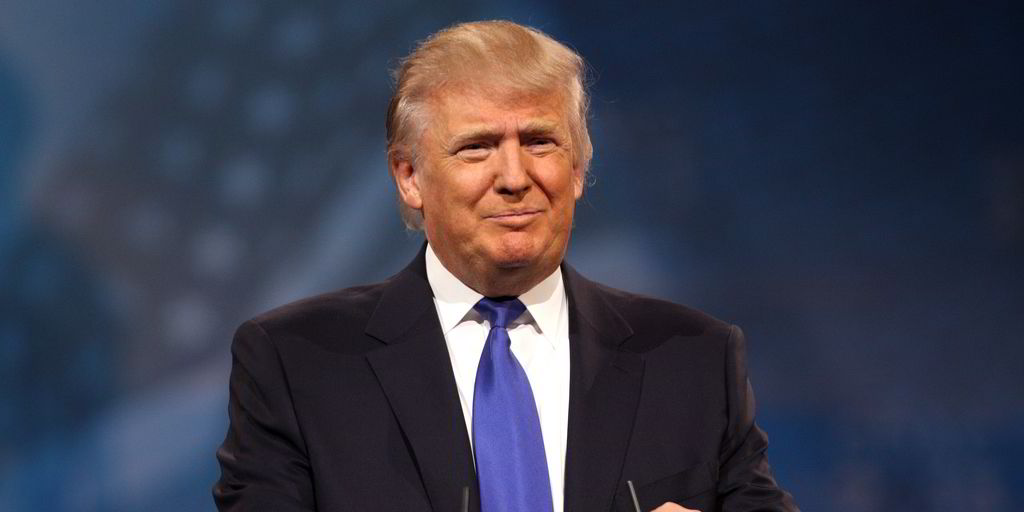US president Donald Trump's tilt towards the oil and gas industry took a step forward with the backing of a controversial crude oil pipeline. The project has some potential to alter crude oil trade flows. But shipping analysts say it is far from clear what the final impact will be.
The executive order aims to speed up the review process for the Keystone Pipeline, which will carry up to 830,000 barrels per day of Canadian crude to US storage facilities. That amount equals about one-quarter of Canada's current shipments into the world's largest crude oil importer.
The Keystone Pipeline has faced intense opposition since it was first proposed in 2008. The Obama administration largely punted on the issue asking for further review before proceeding.
The move takes implicit aim at US seaborne imports. The White House's official policy statement is that its "committed to achieving energy independence from the Opec cartel and any nations hostile to our interests."
Opec exports to US on rise
US imports of Opec crude have been on upswing this year. Volumes reached 103 million barrels (12.2 million tonnes) in October, up 14% from a year ago, the US Energy Information Administration said.
ClipperData says the US imported the equivalent of one VLCC per day worth of crude from the Middle East last year. Opec member Venezuela sends in the equivalent of one VLCC every two days.
A Congressional research report on the pipeline says the crude carried on Keystone could find a ready customer in US Gulf Coast refineries, which are designed to take in the crude oil produced overseas.
The shipments on the Keystone "will presumably compete with foreign seaborne ... crudes, which could be diverted elsewhere."
MJLF analyst Court Smith says Canadian crude could compete at some point with the volumes from sources in Latin America. But ongoing production declines in those regions may also mean US refiners will need additional volumes anyway.
"I don't think it will displace Latin America cargoes," Smith said. "But rather supplement them."
The pipeline remains far from a certainty as it would still require approval from states which it crosses. Moreover, Canadian crude would require prices of $70 per barrel or more to produce enough volume to make a dent in the trade.
"That crude is some of the most expensive to produce in the world," Smith said. "Unless we enter a high price environment again, it's not really a big deal."



